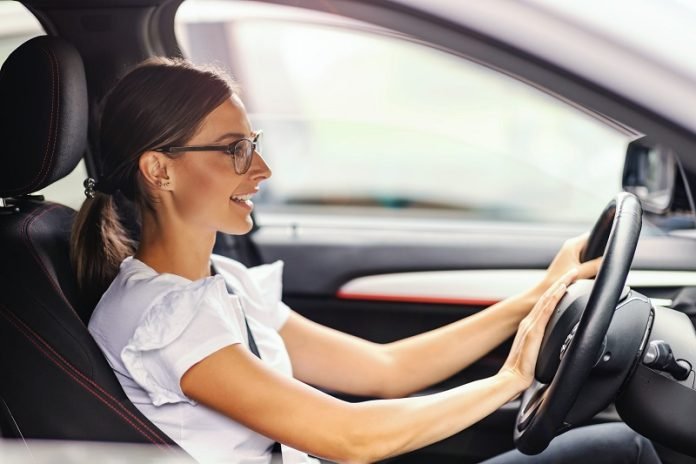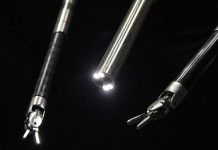
Have you ever wondered how self-driving cars will handle the unpredictable world of busy streets, pedestrians, and all sorts of unexpected events?
Well, scientists at NYU Tandon School of Engineering have developed something that might be the answer.
They’ve made a new computer program, or algorithm, called NUMERLA, that could make self-driving cars both smarter and safer.
Self-driving cars use something called artificial intelligence (AI) to drive around. AI is like a computer brain that helps the car understand what’s going on around it.
It uses a lot of sensors to collect data, like how far away other cars are, when to stop at a traffic light, and even how to avoid hitting something.
But the real world is full of surprises, and sometimes these cars can get confused and might even cause accidents.
That’s where NUMERLA comes in. This algorithm helps self-driving cars adapt to new situations without forgetting about safety.
Imagine you’re driving, and suddenly a kid runs into the street chasing a ball. You’d quickly figure out what to do to avoid an accident, right? NUMERLA does something similar for self-driving cars.
It helps the car adjust its “beliefs” or understanding about what’s happening around it in real-time.
Here’s how it works. When a self-driving car is out and about, and something changes around it, NUMERLA helps the car understand what’s going on.
The car then thinks about what might happen next and updates its safety rules accordingly. The car then uses these updated rules to make safe decisions.
One of the cool things about NUMERLA is that it uses something called “lookahead symbolic constraints.” That’s a fancy way of saying the car can guess what might happen in the near future and change its safety rules on the fly.
For example, if it sees someone about to jaywalk, it can predict that the person might actually walk across the street and take action to avoid hitting them.
The scientists, led by Professor Quanyan Zhu and his Ph.D. student Haozhe Lei, have already tested NUMERLA on a computer program that imitates real city driving conditions. The good news is that it worked really well, especially when dealing with tricky situations like jaywalkers.
This research is a big deal because as self-driving cars start to become more common, we need to be sure they’re as safe as possible. By being able to adjust to new situations while keeping safety the top priority, NUMERLA is a big step forward in making self-driving cars a reliable part of our daily lives.
So, next time you hear about self-driving cars, you can feel a bit better knowing that smart people are working on making them as safe and smart as they can be!
Follow us on Twitter for more articles about this topic.
Source: New York University.



